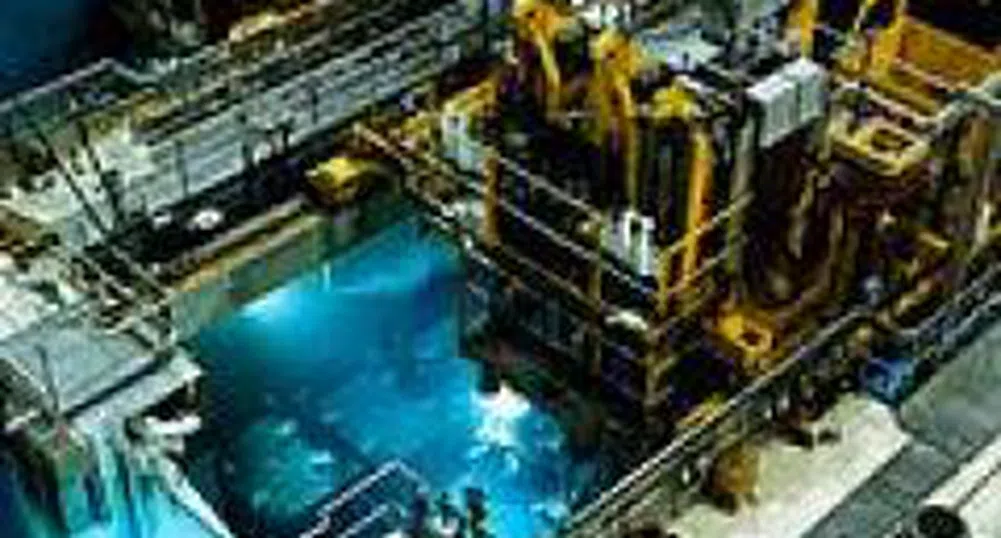Electrabel and RWE Power Approved as Preferred Bidders for Belene N-Plant Project

Belgium's Electrabel and Germany's RWE Power have been approved by the National Electric Company (NEK) as preferred bidders in an invitation to express interest for a strategic investor under the Belene Nuclear Power Plant. The deadline for submission of preliminary binding bids under the procedure expired at the end of business hours on Monday, the Economy and Energy Ministry said.
The bids will be examined in detail, and negotiations will be held with the bidders, BTA added.
The winner will have to acquire directly or through a consortium up to 49 per cent of the future joint venture for the construction and operation of the Belene N-Plant together with NEK.
Construction of the Belene N-Plant actually started in 1981, but the project was cancelled in 1990, before reactors were installed but after some 1,000 million dollars had been spent. In 2003, the Simeon Saxe-Coburg-Gotha Government revived the Belene Project.
In October 2006, NEK chose Russia's AtomStroyExport as a main contractor to build the plant. An agreement between AtomStroyExport and NEK on the design, construction and commissioning of Belene was signed in Sofia on January 18, 2008 during President Vladimir Putin's visit to Bulgaria. The Russian company's main foreign sub-contractor is a consortium including French nuclear power group AREVA NP and Siemens of Germany. The 3,900 million euro project consists of two 1,000 MW AES92 pressurized water reactors. The first generating unit should be ready by the end of 2013, and the second at the beginning of 2014.
On December 7, 2007, the European Commission decided to give a favorable opinion to the initiative of NEK to build a new nuclear power plant at the site of Belene, according to the requirements of articles 41 to 44 of the Euratom Treaty. Those requirements state that any new investment related to nuclear activities has to be communicated to the Commission which should, in return, send a report with its views to the Member State concerned. The Commission noted the information given from the investor that the chosen design at Belene includes various passive safety systems as well as improved protection against external hazards, such as earthquakes and air crashes.
)
&format=webp)
&format=webp)

&format=webp)
&format=webp)
&format=webp)
&format=webp)